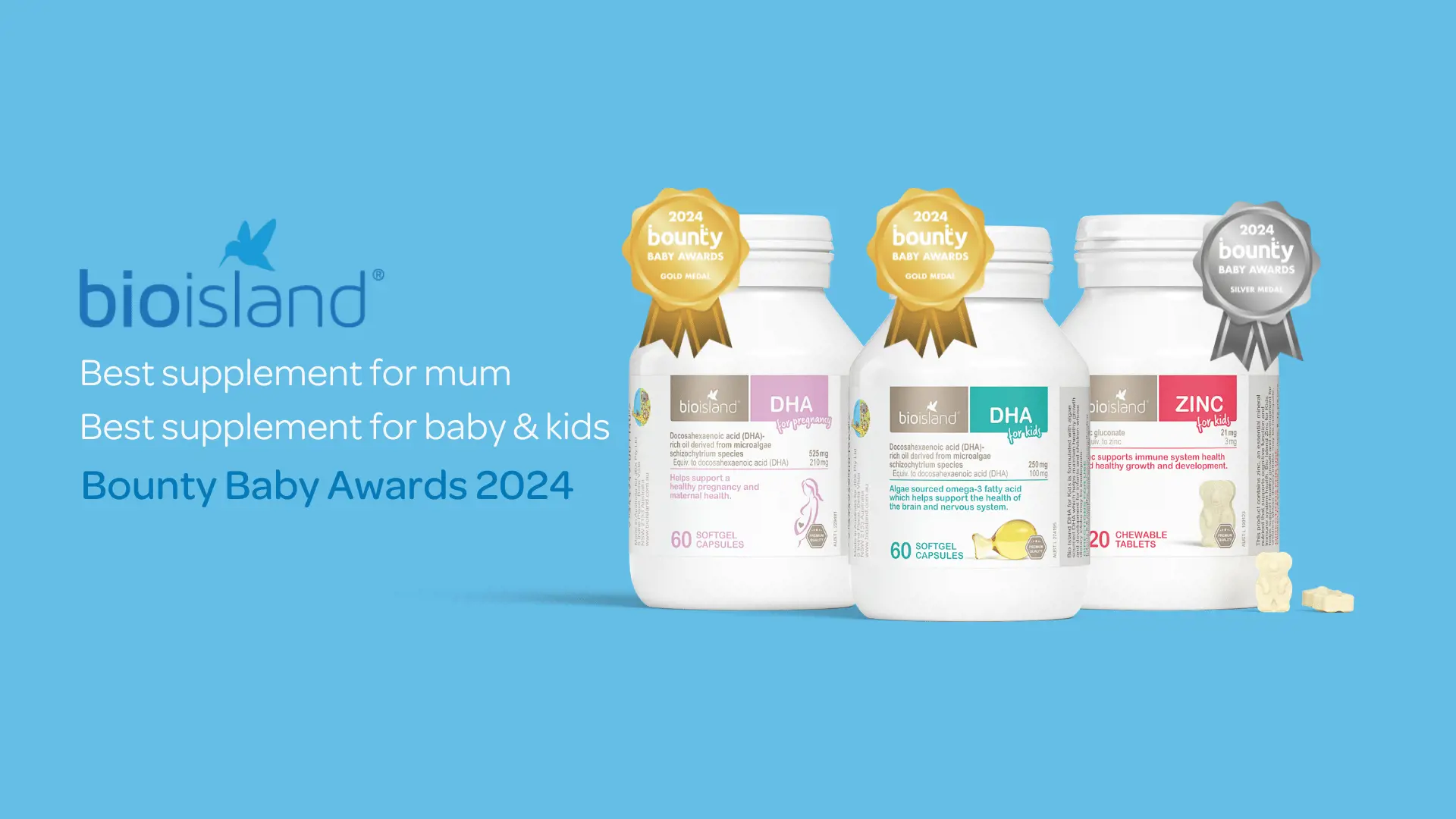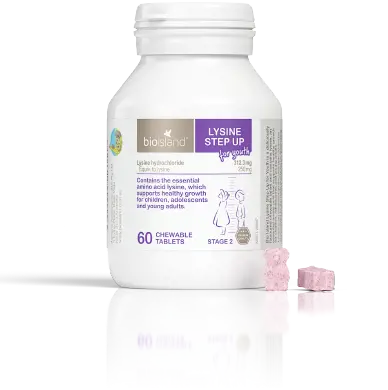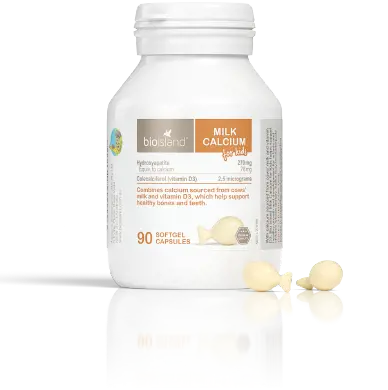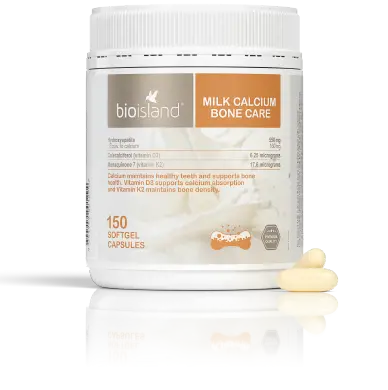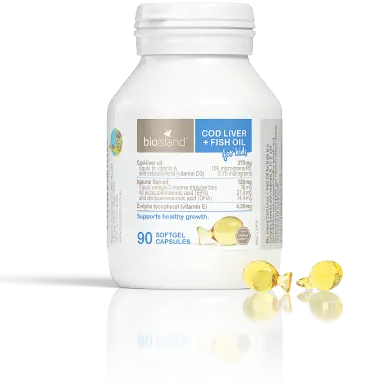
Dental health: calcium and our teeth
Unlike our bones, our teeth unfortunately do not have the same regenerative powers to heal themselves if they break.
Health Support
By Bio Island Nutrition Team
Calcium is the most abundant nutrient in the human body and is required for several of the body’s physiological and biochemical functions including teeth formation and maintenance.
Calcium is critical in the health of our teeth in both children and adults. Its is also vital for our gums and jaw. Low calcium intake can contribute to gum disease and jaw bone deterioration which can lead to tooth loss and decay.
Our teeth are composed of calcium as well as phosphorus and other minerals. Being the hardest part of the human body, teeth mostly consist of calcified tissue called dentine. This dentine is covered by enamel which we see covering the crowns of our teeth that we brush. Within the dentine you will find the pulp cavity, the living portion of each tooth that contains nerves, arteries and veins and runs through to the jaw bone.
Unlike our bones, our teeth unfortunately do not have the same regenerative powers to heal themselves if they break. If our teeth break it could require a root canal or even a total extraction.
So, it is essential to not only ensure we have a well-balanced diet that includes calcium rich foods but our dental hygiene is also optimal.
Our eating habits play a major role in tooth decay which is a diet related disease. The sugars in the food and drinks we have are taken up by bacteria which produces acid that attacks the mineral containing outer layer of tooth enamel to cause decay.
Our saliva helps our teeth recover by neutralising these acids but if we are frequently snacking, there is no rest period for our teeth to undergo this recovery. Chewing sugar-free gum after a meal can help stimulate more saliva and help neutralise decay causing attacks.
Calcium rich foods are important in our daily diet to ensure our calcium stores are optimal to keep our teeth strong and in a healthy condition. Consuming foods like cheese, milk, yoghurt, sardines and broccoli will help protect our tooth enamel by providing calcium needed to remineralise teeth.
Oral hygiene matters a great deal in relation to the health of our teeth. How we brush, for how long, to what type of brush we use can impact the effectiveness of our brushing.
To gain maximum benefit from brushing our teeth we should brush for at least two minutes using a soft bristle brush with a flexible neck and a small head to reach our back teeth. Using a circular motion, gently brush both sides of each tooth, not forgetting our gums and tongue.
Daily flossing is also an important part of a good dental routine. By using floss to remove the plaque between our teeth we are helping to prevent gum disease, tooth decay and bad breath.
This information does not take into account your personal situation and is general in nature. You should consider whether the information is appropriate for your needs and seek professional medical advice.
Always consult your healthcare professional before taking any supplements or if any concerns arise.


